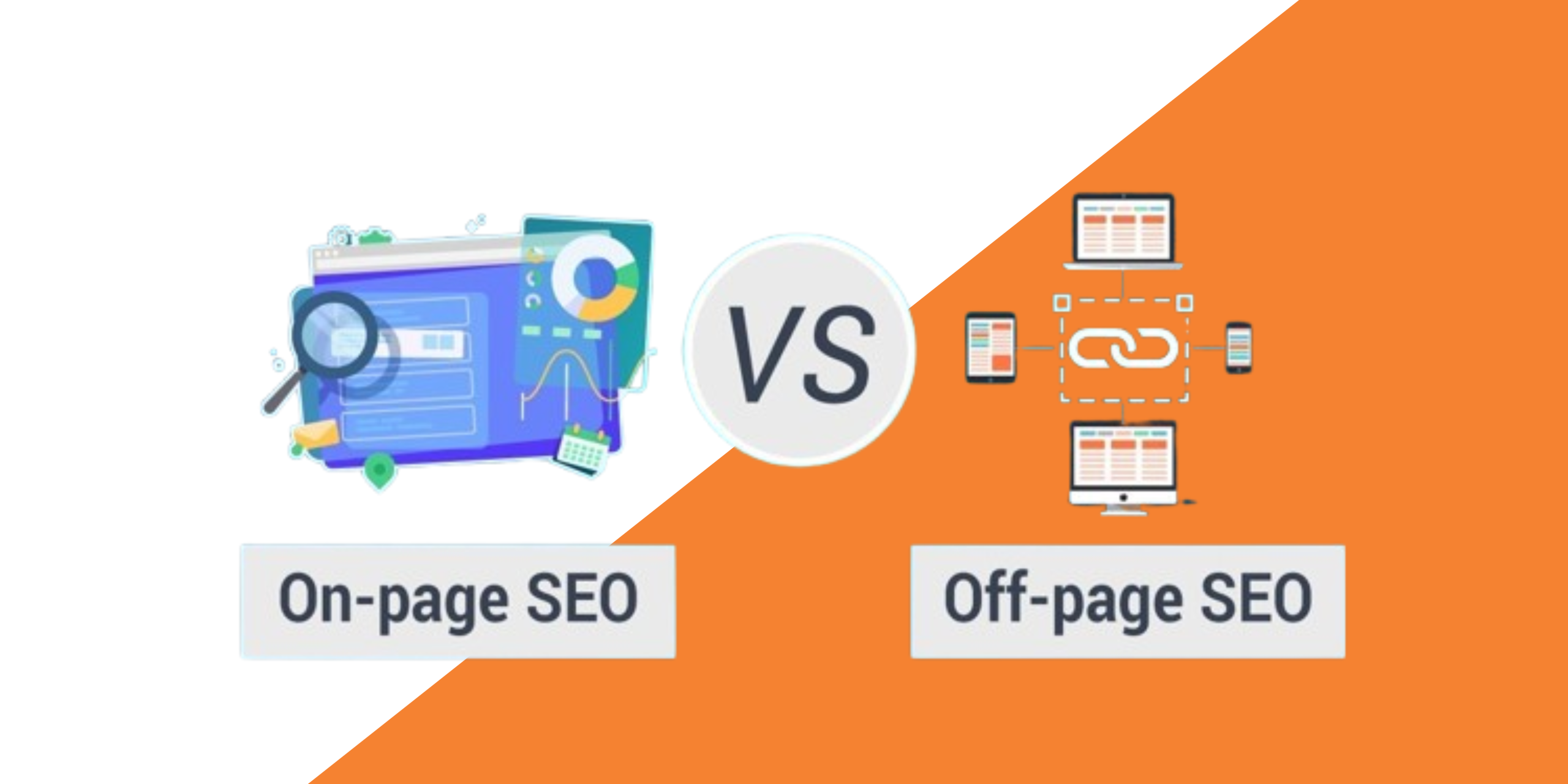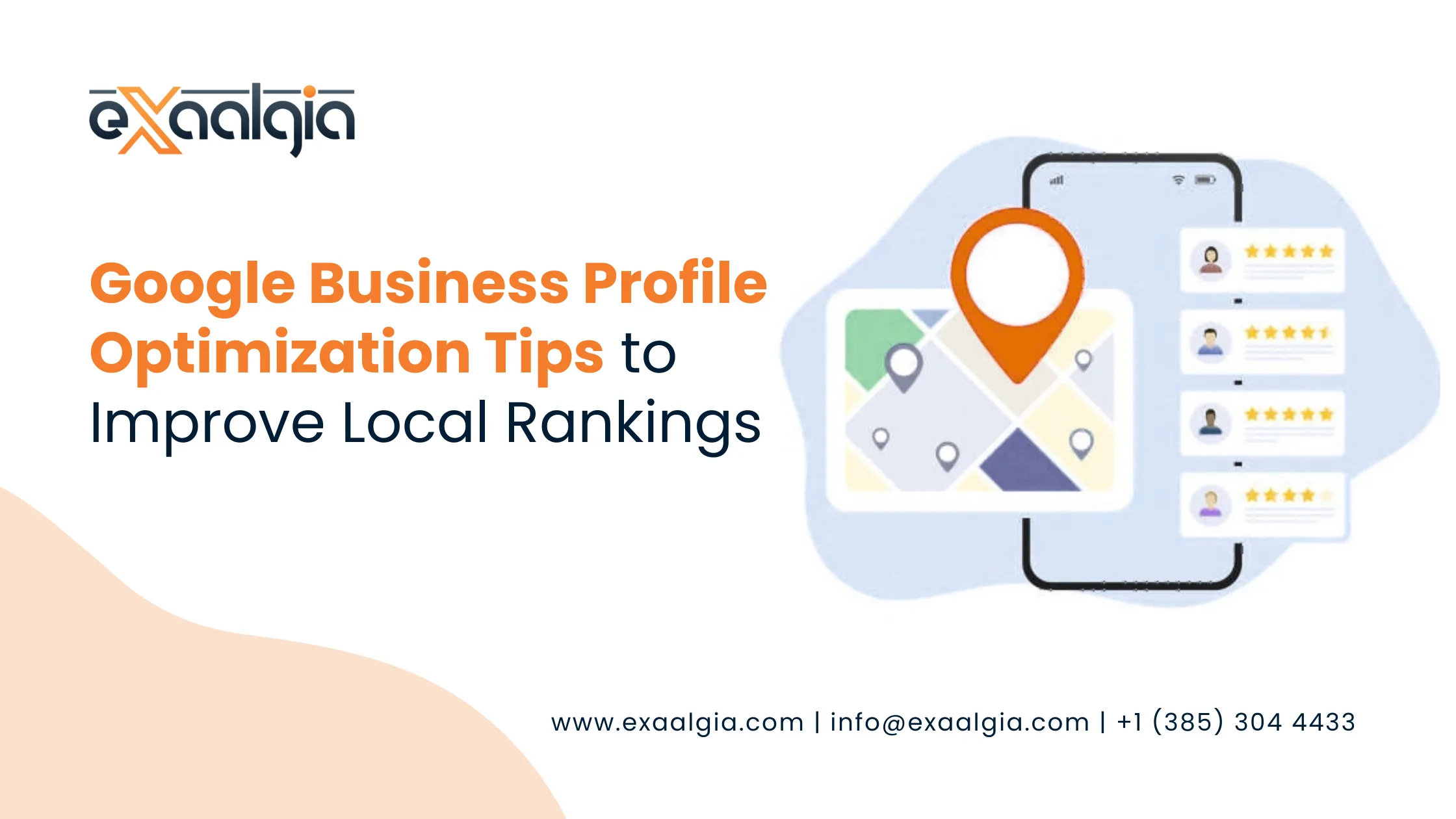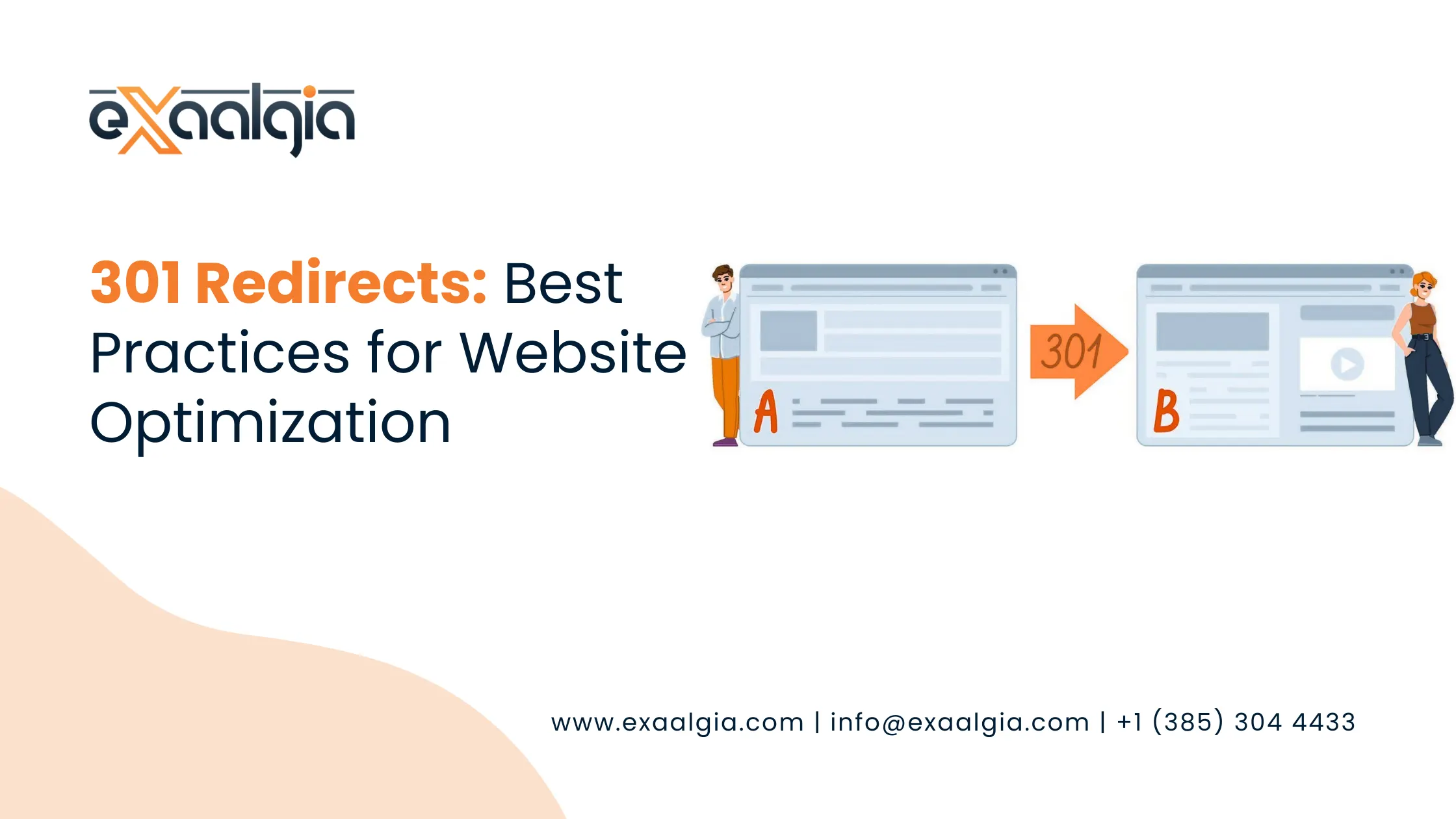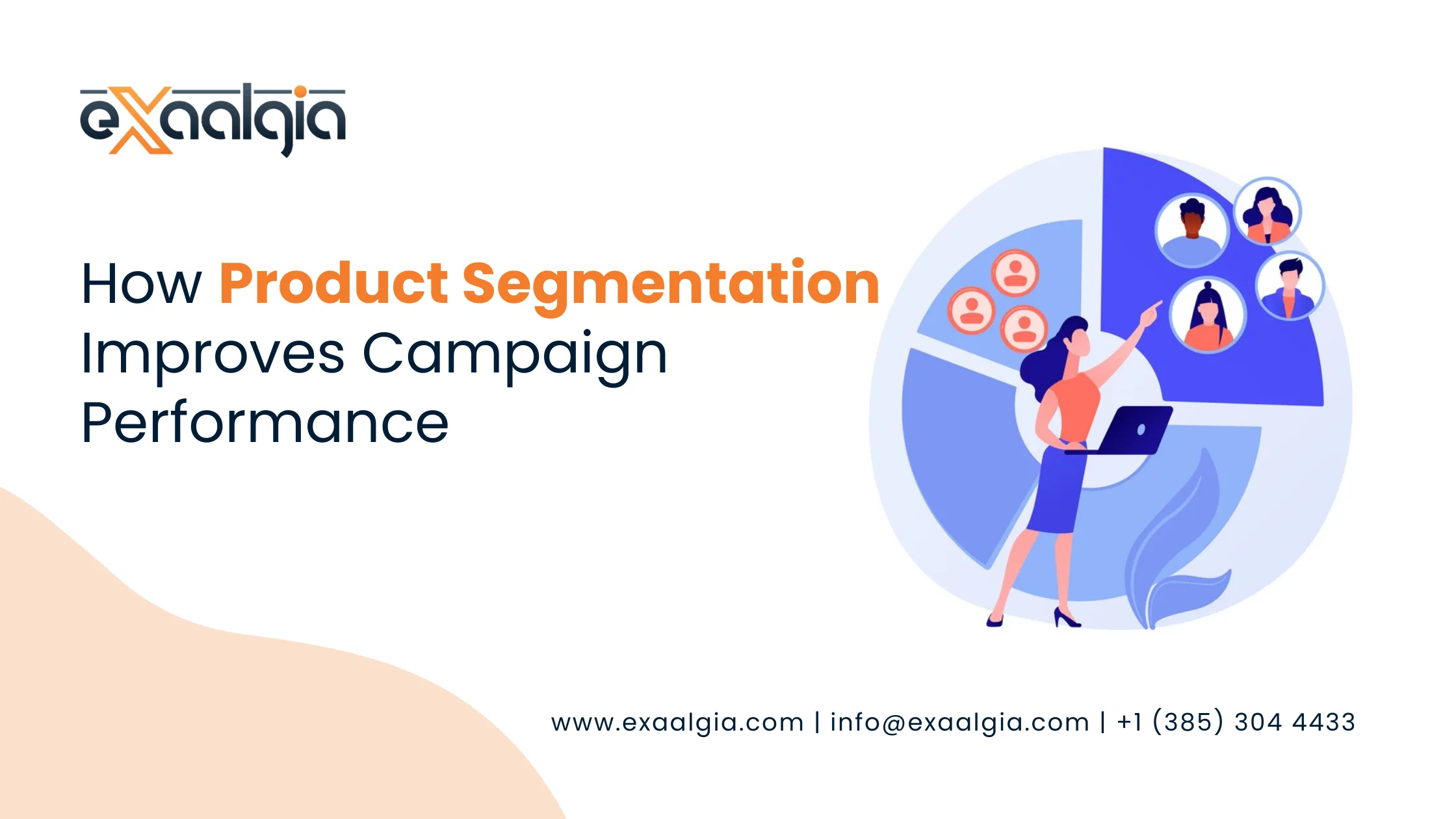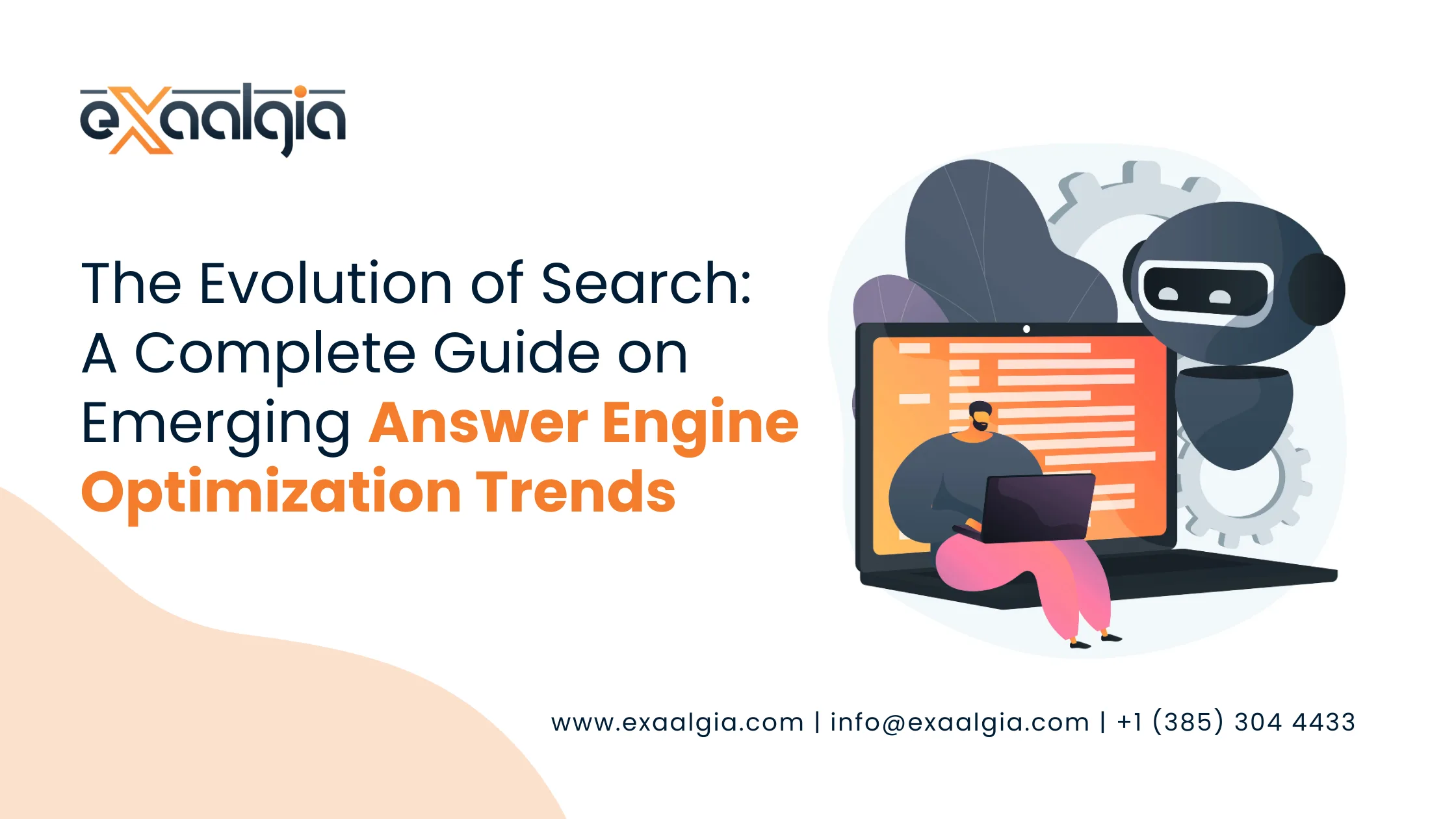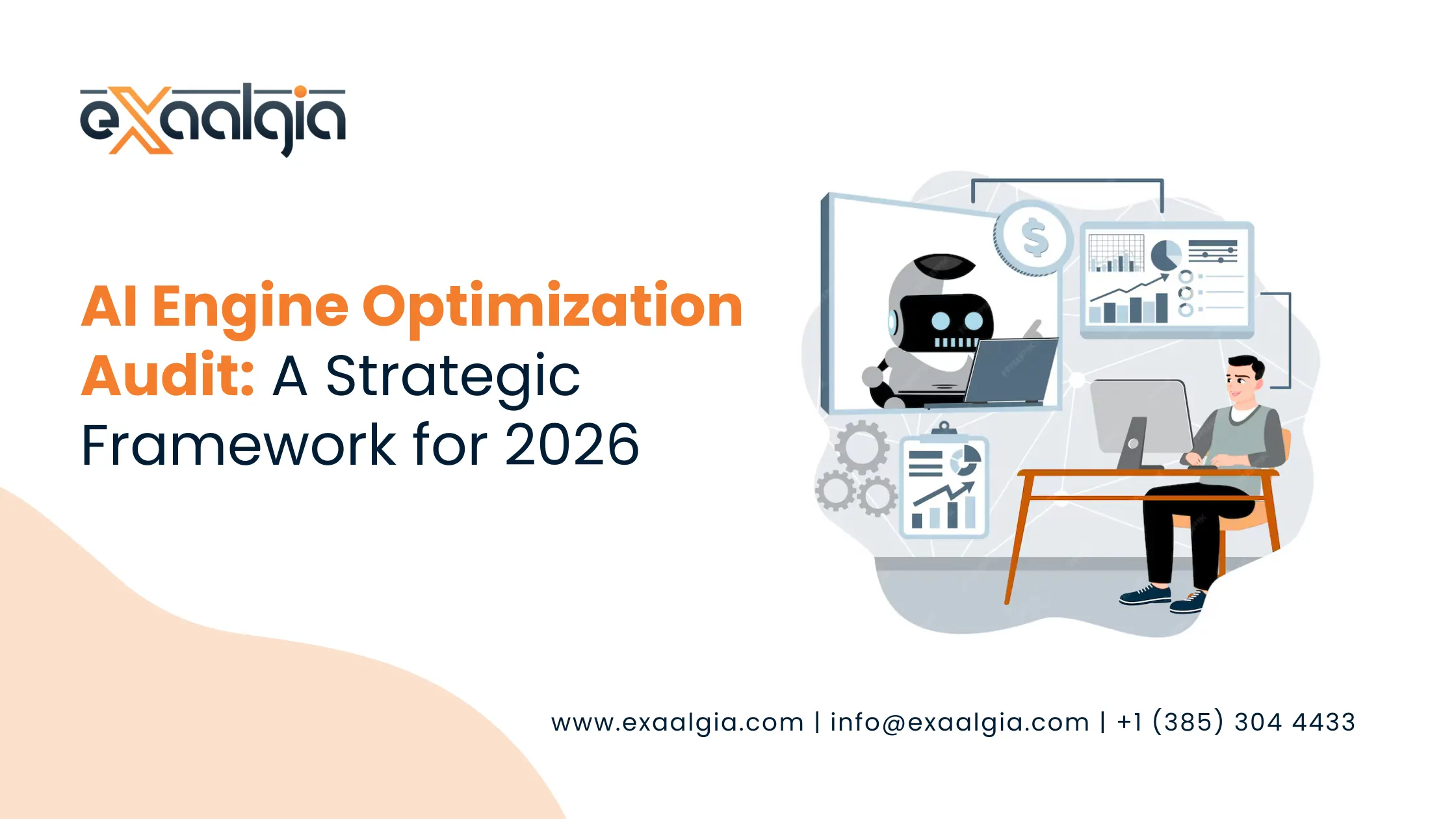But what exactly is the difference between on-page SEO and off-page SEO? Don’t worry—we’re about to break it down for you in this fun and informative guide. Grab a snack, sit back, and let’s dive into the world of SEO!
On-Page SEO: The Interior Design of Your Website
Now, compare on-page SEO with redecorating the living room. You want everything to look just nice, logical, and navigable, right? It’s sort of like that on-page SEO does to a website: all that stuff you can control inside your website, including content, keywords, and user experience. If it is something you can manipulate directly in your website, then on-page SEO manages it .
On-page SEO features
Keyword placement: Just as the right artwork chosen for your walls will ensure that search engines “get” what your page is about
Title tags & meta descriptions: those are the front door & welcome mat into your site; they need to invite people in!
Internal Links: Want visitors to explore more rooms (or pages)? That’s where internal linking comes in—connecting content within your site so people don’t leave after one page.
Quality Content: Let’s face it, nobody will stay around if your website feels like an empty room. Quality content just keeps people interested and keeps them coming back for more.
Mobile Optimization: Envision that visitors are not able to access your website solely through laptops. Not cool, huh? Mobile optimization makes your site look great on all devices-so you get to have good furniture for each and every room.
Velocity: If your website takes as long to load as the line that builds up to get a coffee, people will lose interest and go elsewhere. Loading times keep them happy and stay on your site.
In a nutshell, on-page SEO is more about making sure the inner design of your website is optimum, user-friendly, and attractive to both humans and search engines.
Off-Page SEO: The Neighborhood Gossip About Your Website
Off-page SEO is similar to the reputation of your home in a neighborhood. You cannot control everything, but if you do the right thing, people start talking about your home-and in a good way! It means getting other sites to link to yours, people to mention you on social media, and basically making sure that everybody knows how awesome your website is.
Key Features of Off-Page SEO:
Backlink Building: Now, if others are only thinking this much of you that they are sending someone to tell your doorstep because their own is dumpy; and still other acquaintances of yours are giving similar recommendations, it’s like the neighbors talking about how great your house looks.
Social Media: Make the buzz! Just like organizing that epic block party you want people sharing the word of your brand by liking, sharing, and commenting.
Guest Blogging: Share your wisdom by writing for other sites. This is like going to the neighbor’s house and dropping over a little nugget of knowledge as you leave.
Influencer Marketing: If the mayor of your town raved about your house, well, basically what an influencer does is endorse your website or product, which brings more visitors your way.
Local Listings: Ensure that your house is on the map! Getting listed on sites such as Google My Business can be very important especially for local SEO.
The focal point of on-page SEO would be to make sure your website is amazing, while off-page SEO will ensure that everyone outside your website is talking about how wonderful it is!
On-Page SEO vs Off-Page SEO: The Great Debate
Now that we know what both of these SEO tactics do, what is the real difference? The simple answer is control. You have total control over on-page SEO-it is your website, after all. However, off-page SEO? That’s largely up to others and how they engage with your site. Both are important, and understanding the difference is key to mastering SEO.
Here’s a quick comparison for you:
| On-Page SEO | Off-Page SEO |
|---|---|
| Focuses on optimizing elements on your website, such as content, structure, and technical aspects. | Involves efforts outside your website, like backlinks and social media signals. |
| Controlled directly by you. | Largely influenced by third parties. |
| Improves user experience and site performance. | Boosts your site’s authority and reputation. |
| Tools: Google Analytics, Yoast SEO, SEMrush. | Tools: Ahrefs, Moz, Majestic SEO. |
| Immediate results in improving your site’s accessibility and content. | Long-term impact on domain authority and search engine rankings. |
Best Practices for Both: Getting the Best out of Both Worlds
Nobody needs to choose between on-page and off-page SEO. In fact, for optimal performance, you need to balance your activities on both. Here are some best practices that can help you master the art of SEO:
Best Practices About On-Page SEO
Use relevant keywords throughout your content but avoid doing it in excess—you should not look like a spam email!
Make sure you use appealing, click-worthy titles and meta descriptions.
Leave people not lost. Use internal links to steer them through your site.
Content, content, and more content—fresh, relevant, and exciting.
Optimize your site for mobile and speed to make it user-friendly.
Off-Page SEO Best Practices
Get plenty of good-quality backlinks from respectable websites (think of those as “references” in the neighborhood).
Engage actively with your audience and encourage sharing via social media.
Practice guest blogging on popular sites to build your brand and get those backlinks.
Build relationships with influencers who can promote your site or products.
Hustle hard on local SEO—get your business listed on something like Google My Business.
How It All Fits Together
You can’t simply focus on one type of SEO and hope for the best-on-page and off-page SEO need to work in tandem. Combining both will not only see your rankings improve but also gives you a well-rounded, effective SEO strategy.
Content We Shall Build: Good Content Will Naturally Attract Visitors and Backlinks
Get Out There: Establish relationships with other websites and influencers to grow your backlink profile.
Monitor your progress: Use the tools Ahrefs, SEMrush, and Google Analytics to see how your SEO strategy is working.
This means that at the end of the day, on-page SEO and off-page SEO are like peanut butter and jelly-each brings something different to the table, but together they make the perfect sandwich. Once you master both, then you’re on your way toward gaining your SEO success. Whether it is optimizing the “interior design” of your website with on-page SEO or pumping “neighbourhood buzz” using off-page SEO, it’s all about finding the balance.
Want a better SEO strategy? Level up with Exaalgia! Both on-page and off-page SEO are our areas of specialty. Create a website that looks the part and can rank higher on Google as well. Okay, let’s discuss just how we can take your website to the next level!
Frequently Asked Questions
What is the big difference between on-page and off-page SEO?
On-page SEO is working on your website’s internal content and structure, and off-page SEO is about making other websites and people vouch for the credibility of your site.
Why should I care about on-page SEO?
On-page SEO helps to optimize your site for search engines and people, hopefully leading to better rankings and more traffic.
How do backlinks help with off-page SEO?
Backlinks essentially act as confidence votes coming from other sites, which inform search engines that your site is trustworthy and authoritative.
Do I need to succeed both in on-page and off-page SEO types?
Of course! That’s the only way you can create a balanced, all-rounded strategy that actually improves rankings and online presence.
What is the most ideal way of measuring my SEO performance?
Use tools like Google Analytics, Ahrefs, and SEMrush to track how your site is performing so you can use that information to make data-driven adjustments to your strategy.

